
First UK organ transplant from a newborn
James Bezer on the new procedure performed at Imperial
Contact: science.felix@imperial.ac.uk

James Bezer on the new procedure performed at Imperial

Emma Lisle on a drug that could end those mornings after
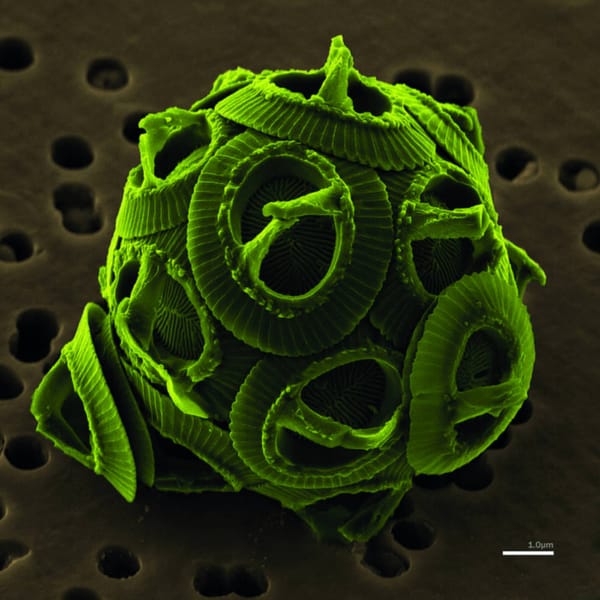
Nefeli Maria Skoufu-Papoutsaki explains new research into this potential renewable energy source

Joshua Emden looks at the implications of the US-China emissions deal
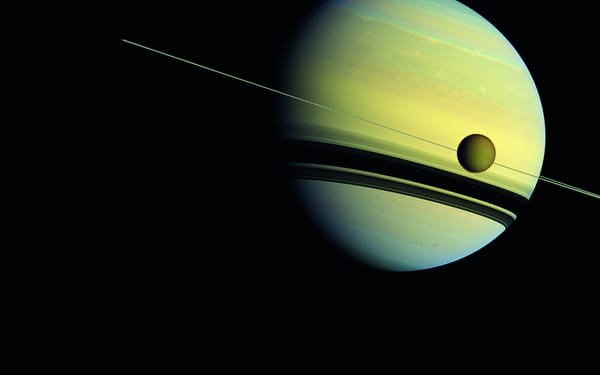
Ben Fernando interviews Michele Dougherty FRS, principal investigator on the Cassini spacecraft orbiting Saturn

“If we could produce our own, free, solar fuel on our rooftops, we could use it in fuel cells to power cars. You’d have free mileage for life.” James Bezer talks to Professor Keith Barnham about his vision for the future of solar energy
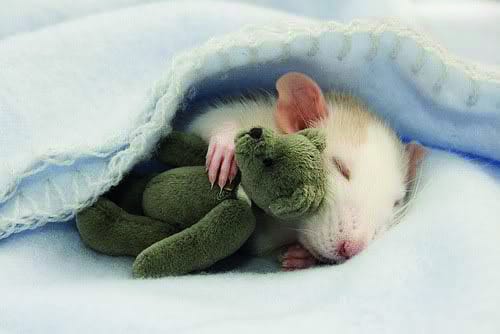
Utsav Radia reports on Imperial’s research into getting a good nights sleep
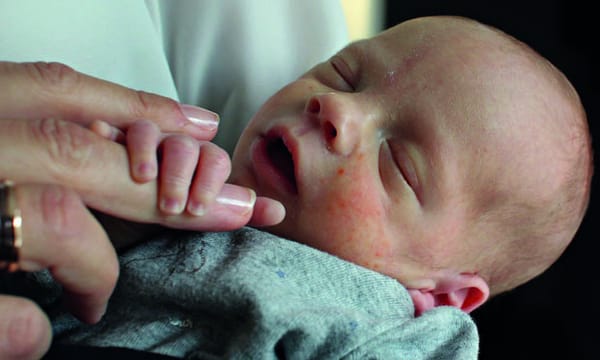
Vincent is normal and healthy
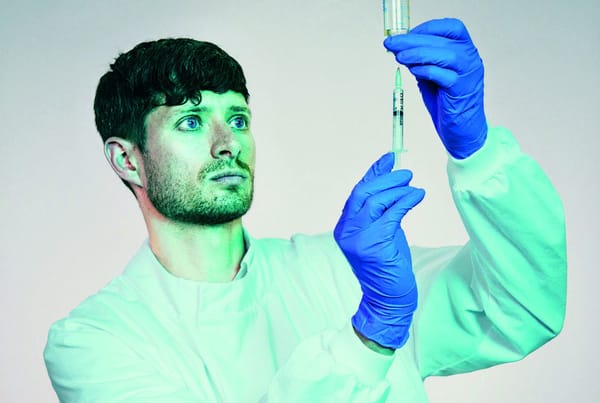
Lauren Ratcliffe interviews Imperial researcher and learns how and why LSD could be used to treat depression and addictions
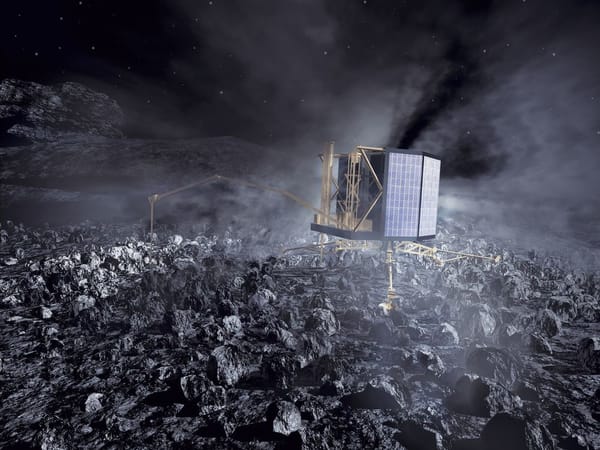
Chris Carr talks to James Bezer on his role in the Rosetta expedition and just how hard it is to do science in space
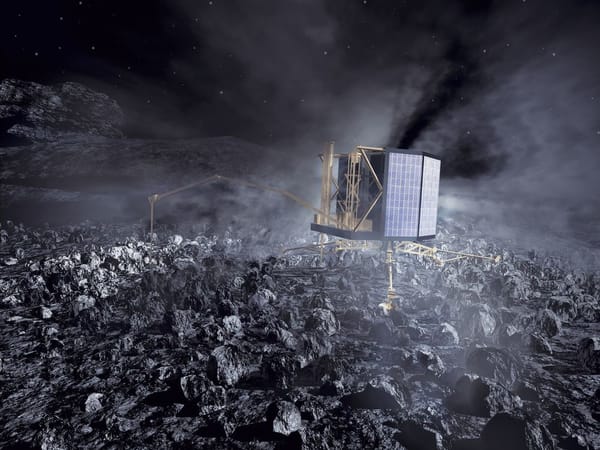
Philippa Skett recaps the Rosetta mission and the future of Philae
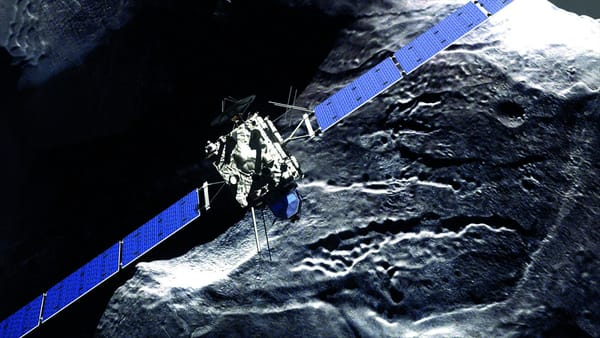
Philae probe sucessfully lands on comet 67P/C-G